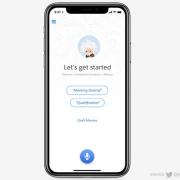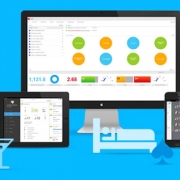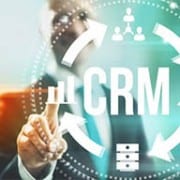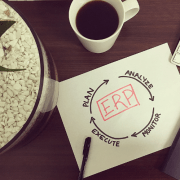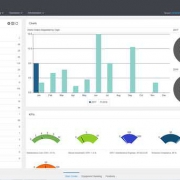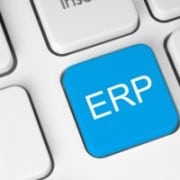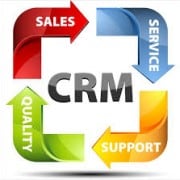Technology has the potential not only to improve healthcare, but save the industry money. Rajaie Batniji, Co-founder and Chief Health Officer, Collective Health, says the way to do this is by aligning the incentives right and enabling better outcomes. Technology allows us to move to an ‘employer-driven’ healthcare system where employers can decide best in-class solutions, measure what works, and create novel designs around medical networks and communications. Technology can also enable better outcomes. At Batniji’s Collective Health, we can see extreme care guidance in the form of technology paired with the human touch. “The combination of machine learning-based data analysis, care advocacy, and better user experiences—via modern mobile and web tools—can help guide patients to the right care, at the right time,” says Batniji. This smarter use of healthcare not only gets people the treatments they need, but it also reduces costs.


